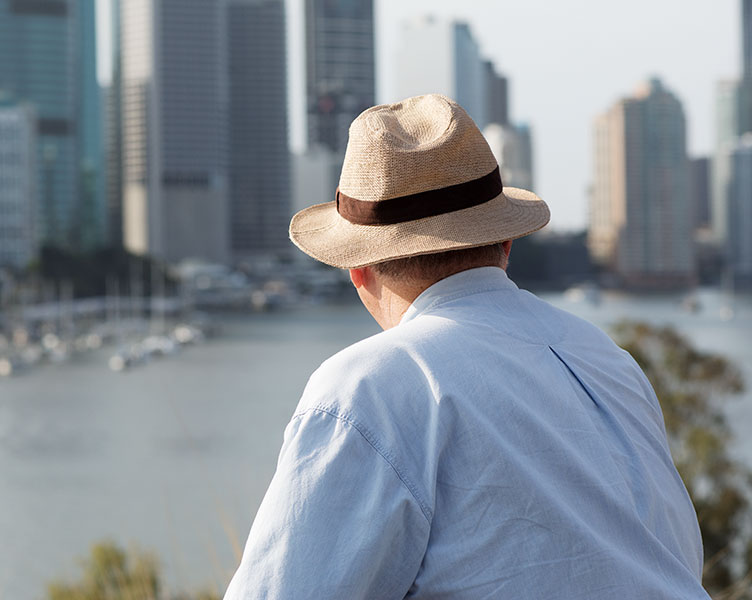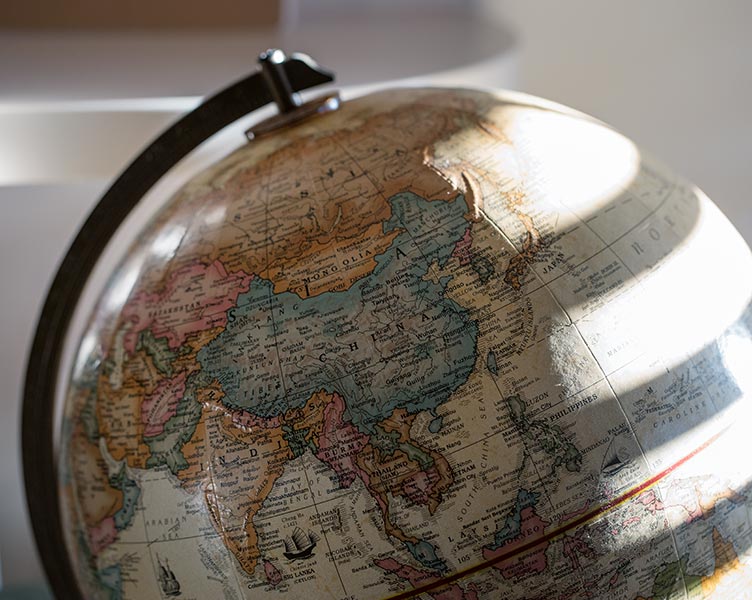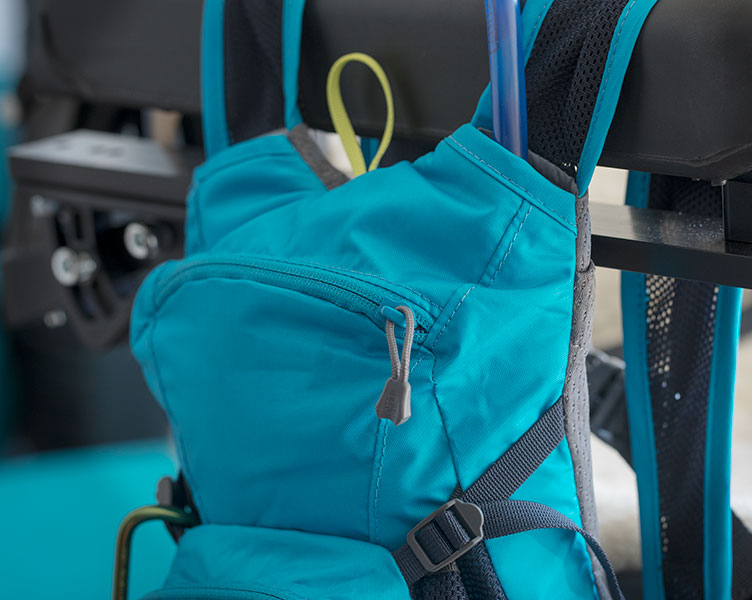Rob: Measure out how much you’re going to need, because you’re going to be a long way away from the normal supply chain. You have to pack your bag accordingly, give it a lot of thought. It’s necessary to carry the Travel Certificate so that you can pass through customs and quarantine comfortably, with the catheters in your bag.
Fear of flying? If bladder issues is the cause, read on:
1. Will I have problems going through security?
Some of the products you may need contain fluid lubricants - ask your doctor to write a note on what products you use or download a travel certificate so you can bring products in your carry-on luggage. This also goes for other lubricants or hand sanitizer gels you might need. Present the product information to the security staff. Make sure the containers are 3 ounces or less.
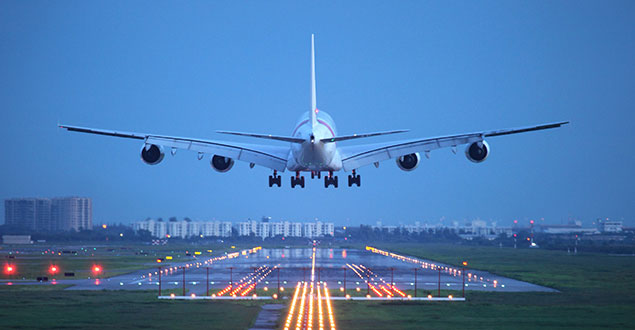
2. What if I need to catheterise during the journey?
Make sure to catheterize as close to boarding as possible, which might be at the airport. On long distance flights you might need to catheterize on the plane. If possible request an aisle seat close to the toilet.
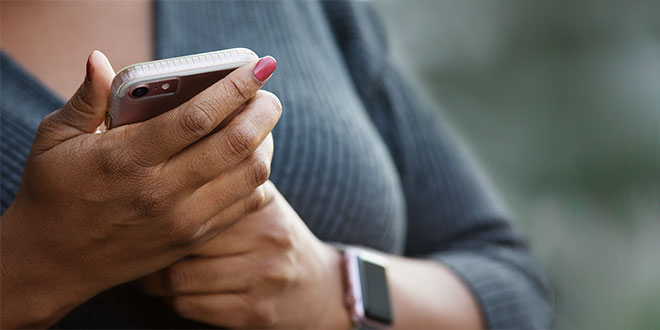
3. What do I need to pack?
Take an adequate number of supplies and accessories with you. Remember to order them in due time before your travels. Place supplies in both your check-in baggage and in your carry on luggage, in case you are changing planes or your luggage gets delayed or lost.
4. How do I stick to my schedule?
Your catheter schedule may not match the schedule of the air travel. A time difference during flight also puts a challenge to your daily routine. If you have doubts about remembering when it’s time, set an alarm clock on your watch or phone.

